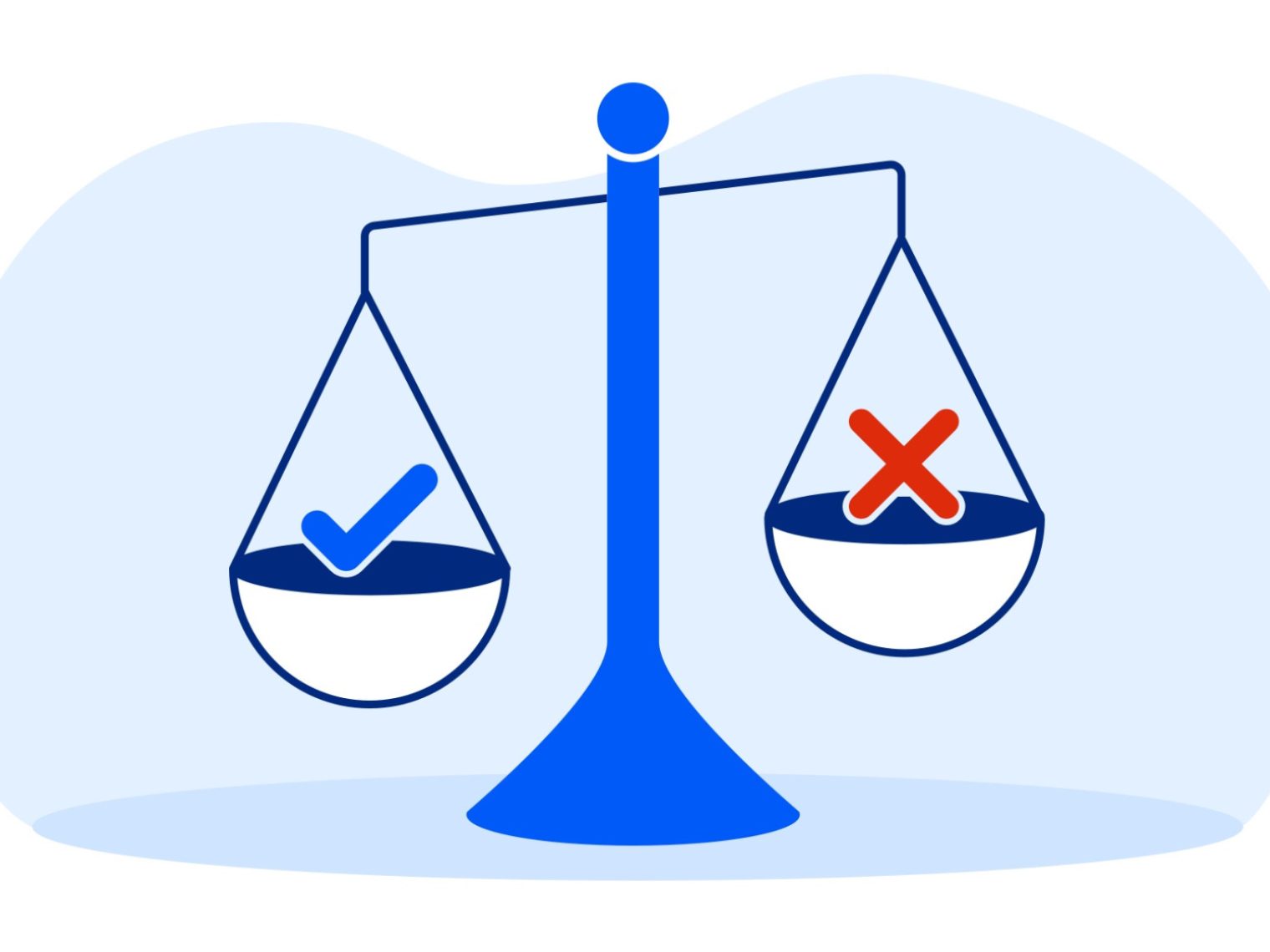Over the years, flipping homes has become increasingly popular. Here, we cover the "live-in flip," the 90-day rule, and additional considerations when flipping a home after purchasing it with a VA loan.
Deciding to flip a home can be a big undertaking with potential big rewards.
VA occupancy requirements state that you cannot purchase a home that's only going to be an investment property you don't live in. A key part of this benefit program is that Veterans are buying homes they intend to live in full time. But that doesn't mean flip and rental opportunities are off the table.
Can You Flip Your Home with a VA Loan?
Flipping your home with a VA loan is technically possible, as long as you follow the rules. The VA guidelines on property flipping are vague, and there isn't a specific VA loan flip rule, meaning you simply need to rely on basic VA loan guidelines. Specifically, you must intend to occupy the property full time within 60 days of closing (there are some exceptions to that time window).
Having said that, there is no rule that you must live in the primary structure. You could, for example, live in a guest house or an RV on the property while you renovate the main house. Be sure there are no local laws or HOA rules that prohibit this practice. The home itself would also need to be in good enough shape to pass the VA appraisal before you can even close on the purchase.
At the end of the day, using a VA loan to flip houses is allowed, as long as you live on the property while you’re flipping it. This is called a live-in flip.
VA's 90-Day Flip Rule
You may have heard of a VA 90-day flip rule that says you must flip the home within 90 days of you being on the title. This is not true. Many people confuse the FHA 90-day flip rule with the VA. The VA does not have any flip rules in its official lending guidelines.
How Long Do You Have to Wait to Sell the Home?
With VA-guaranteed mortgages, there is no minimum property ownership period, meaning you can sell the home when you’d like. However, be sure to carefully read over the terms of your mortgage, as some lenders may have a minimum occupancy period.
Keeping the Flipped Home as an Investment Property
Again, the key with VA loans is that you intend to occupy the home shortly after closing. But that doesn't mean you have to intend to live there forever.
VA buyers can look to use the property as a rental after living in it for a time. You'll often sign mortgage documents that indicate you will live in the home for at least 12 months after closing. There can be exceptions to these kinds of windows, like when an active duty service member needs to relocate after receiving PCS orders.
Check your mortgage documents and talk with your lender or servicer if you have any questions.
VA Loan Entitlement After Flipping a Home
It’s important to note the amount of your VA entitlement used to purchase the house is tied to that property. That means you won't have your full VA entitlement available for the purchase of your next home if you wish to keep the home as a rental, or if you otherwise don't repay the original loan in full.
As long as the proceeds from the sale pay off your VA loan in full, you can look to restore your full entitlement.
In summary, as long as you live on the property during the renovation, you are not breaking any VA flipping rules.
Related Posts
-
 VA Renovation Loans for Home ImprovementVA rehab and renovation loans are the VA's answer to an aging housing market in the United States. Here we dive into this unique loan type and the potential downsides accompanying them.
VA Renovation Loans for Home ImprovementVA rehab and renovation loans are the VA's answer to an aging housing market in the United States. Here we dive into this unique loan type and the potential downsides accompanying them. -
 Pros and Cons of VA LoansAs with any mortgage option, VA loans have pros and cons that you should be aware of before making a final decision. So let's take a closer look.
Pros and Cons of VA LoansAs with any mortgage option, VA loans have pros and cons that you should be aware of before making a final decision. So let's take a closer look.

